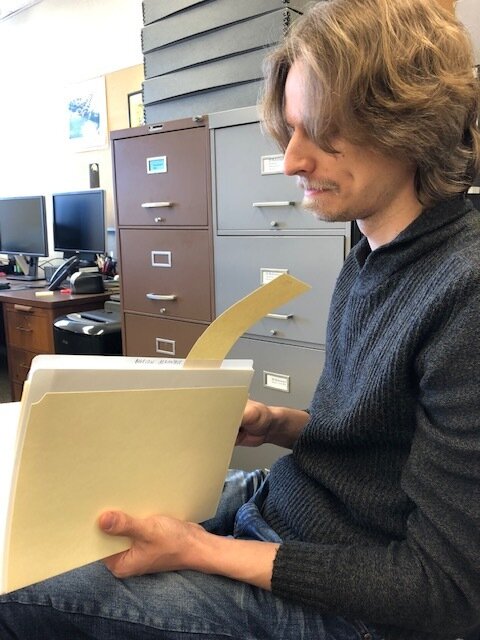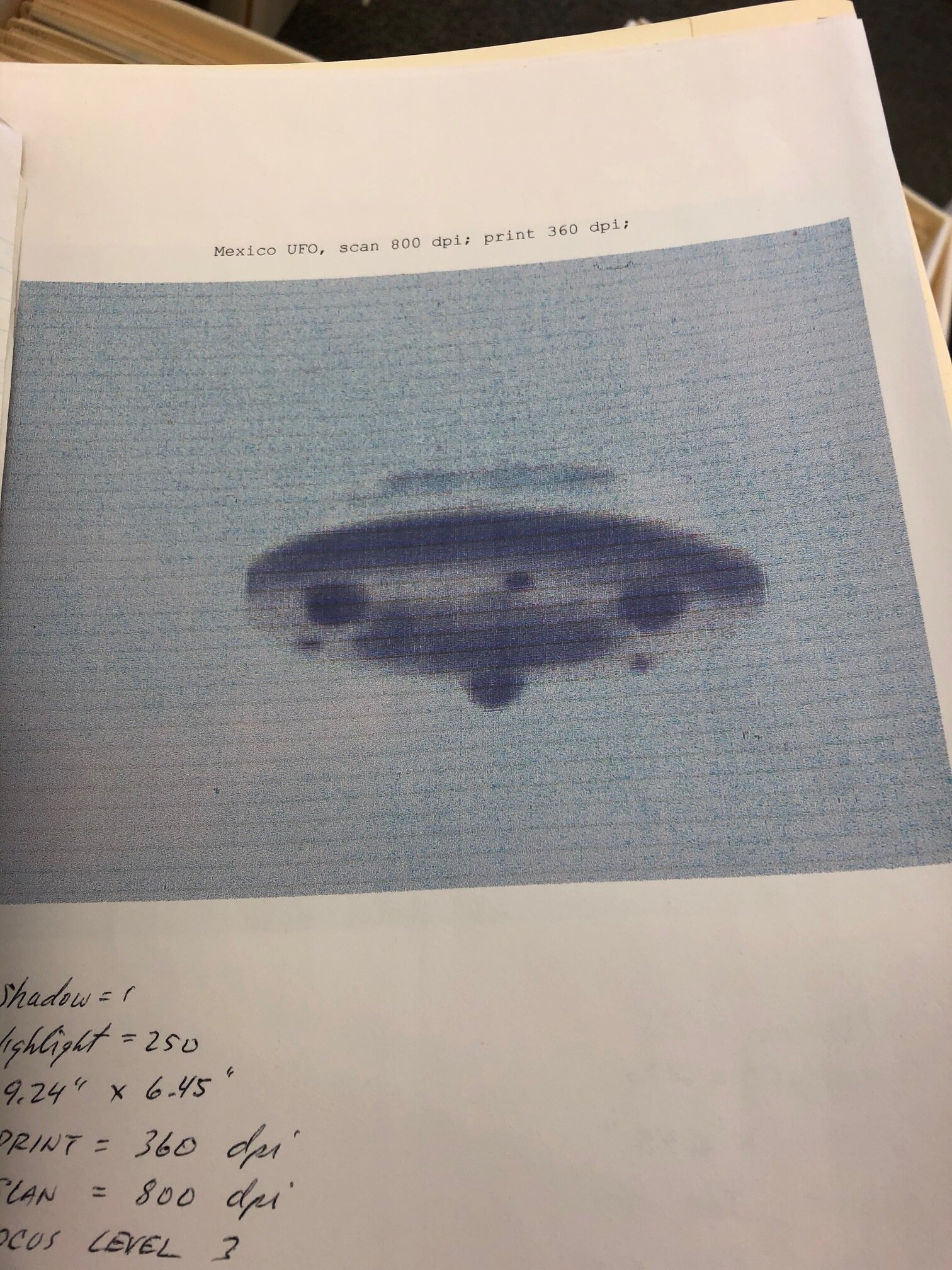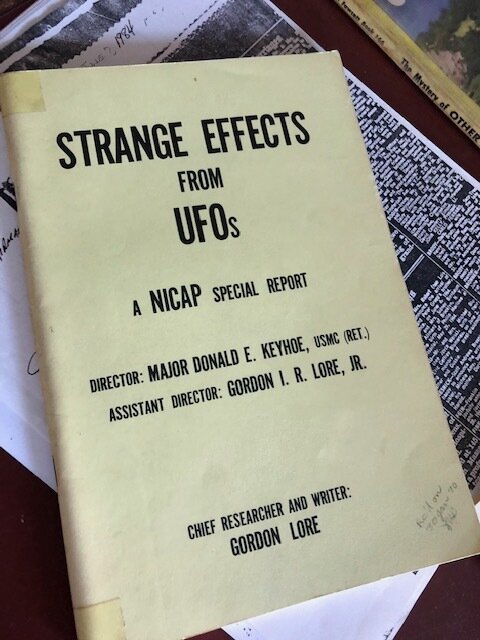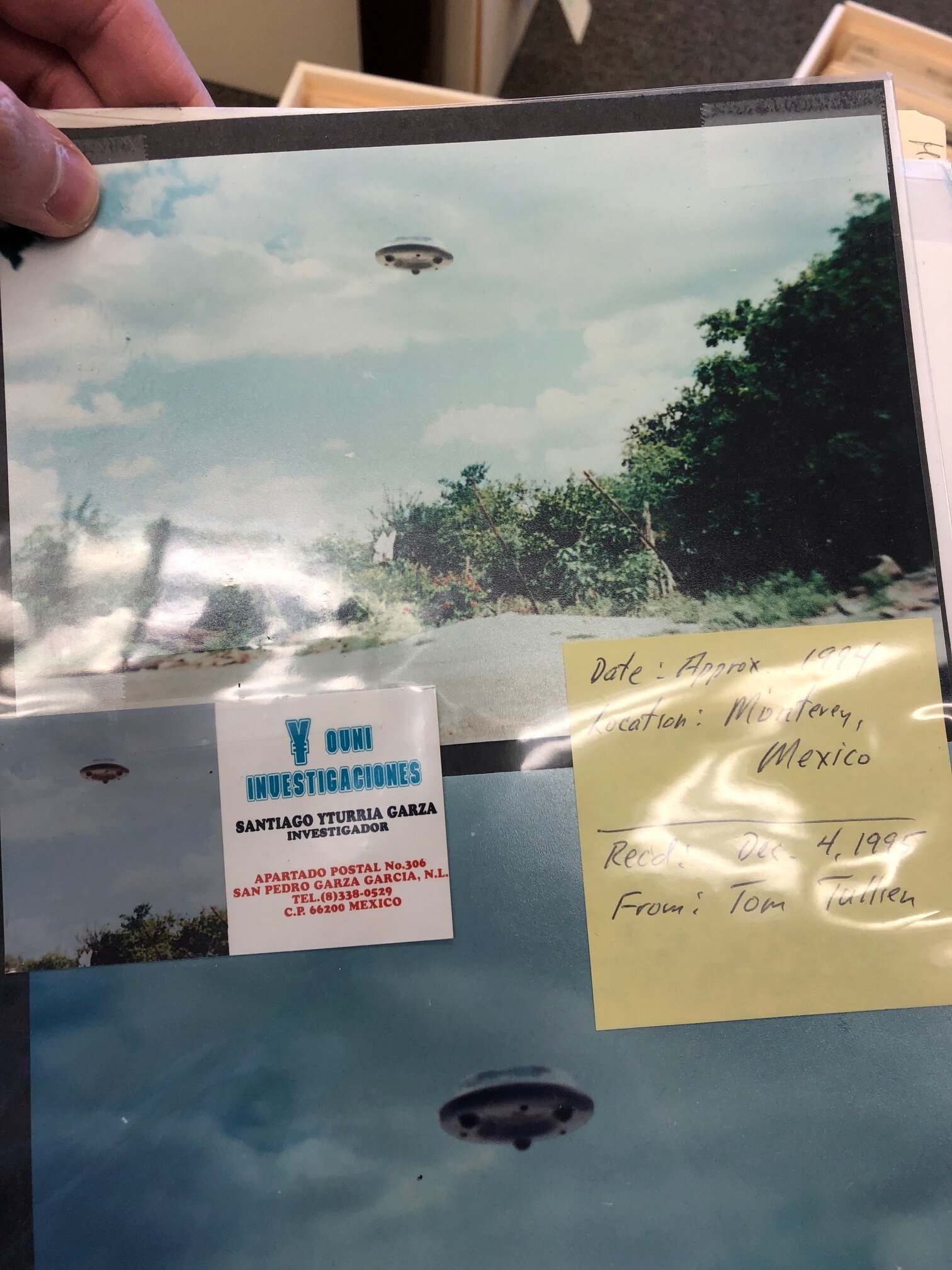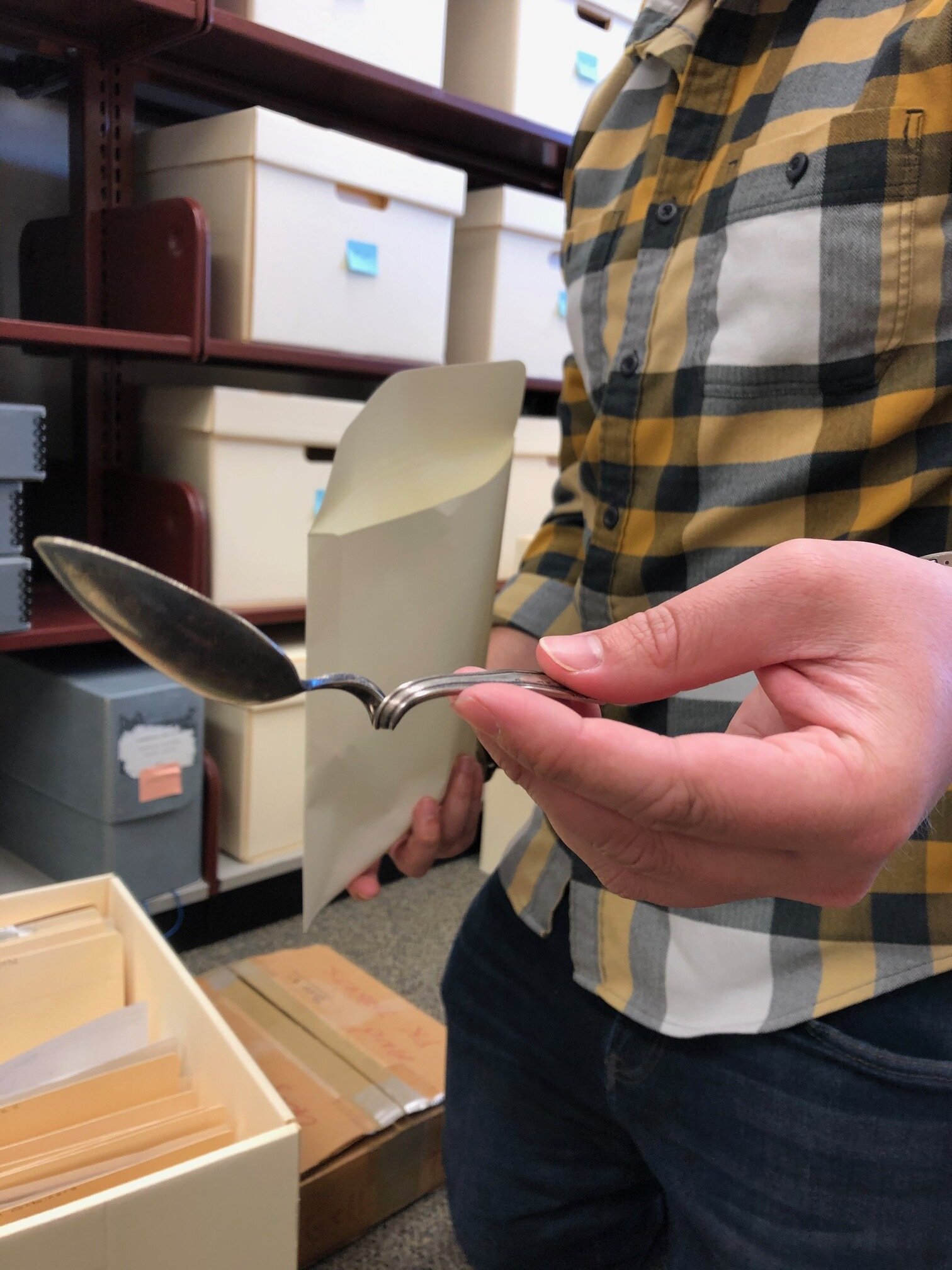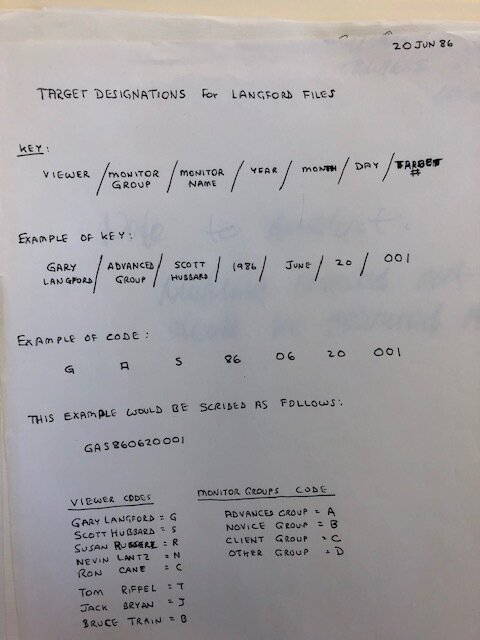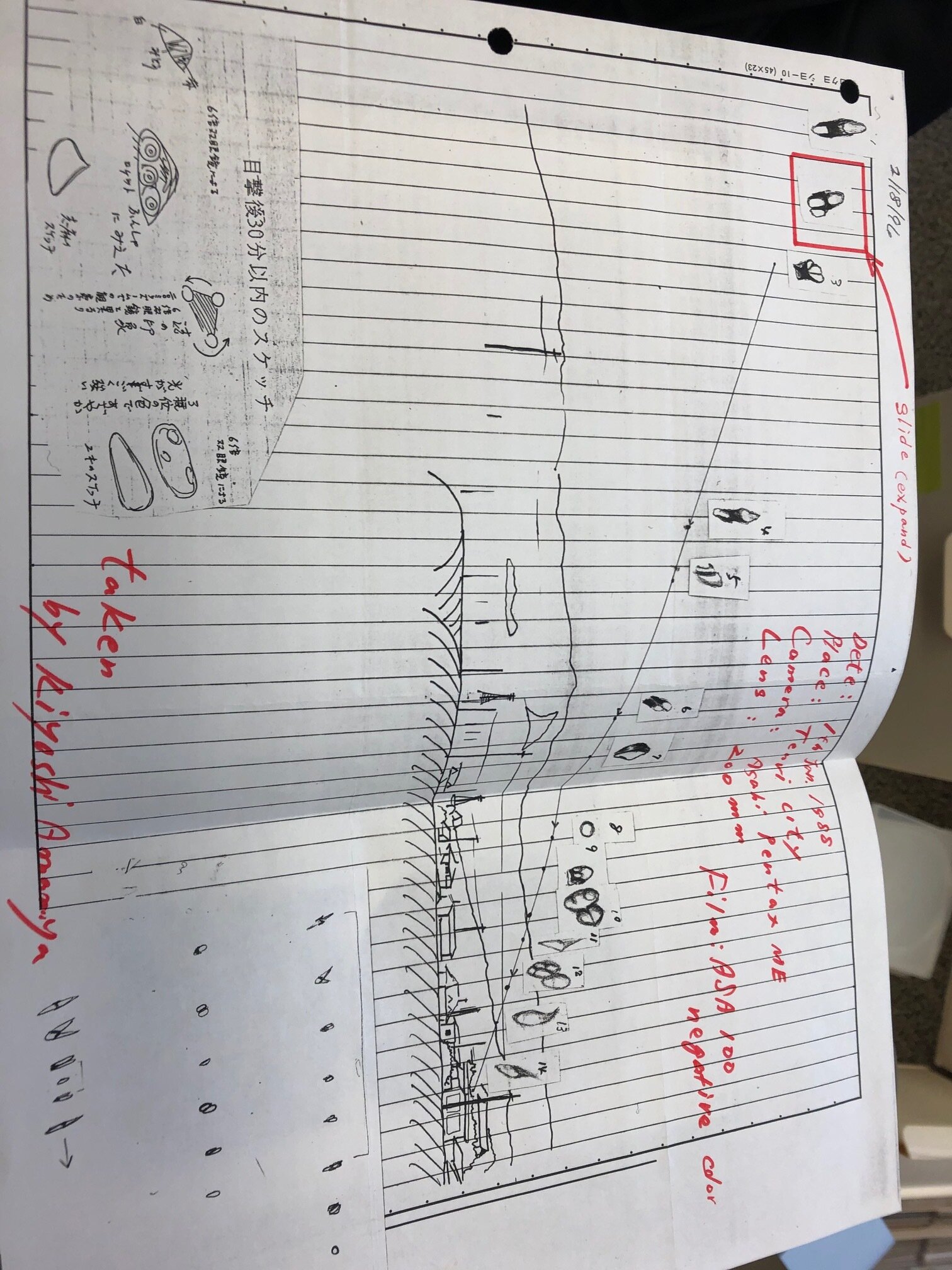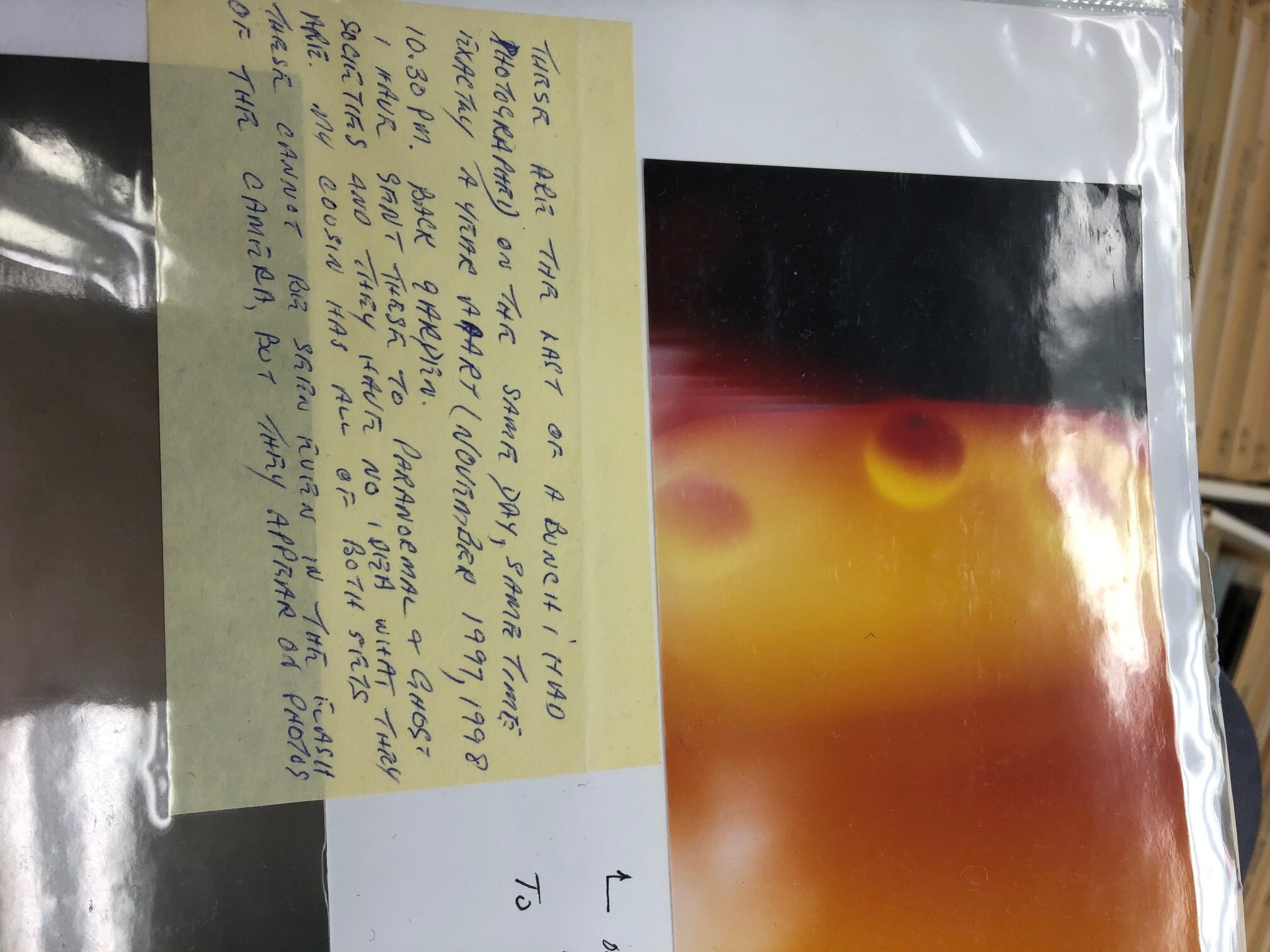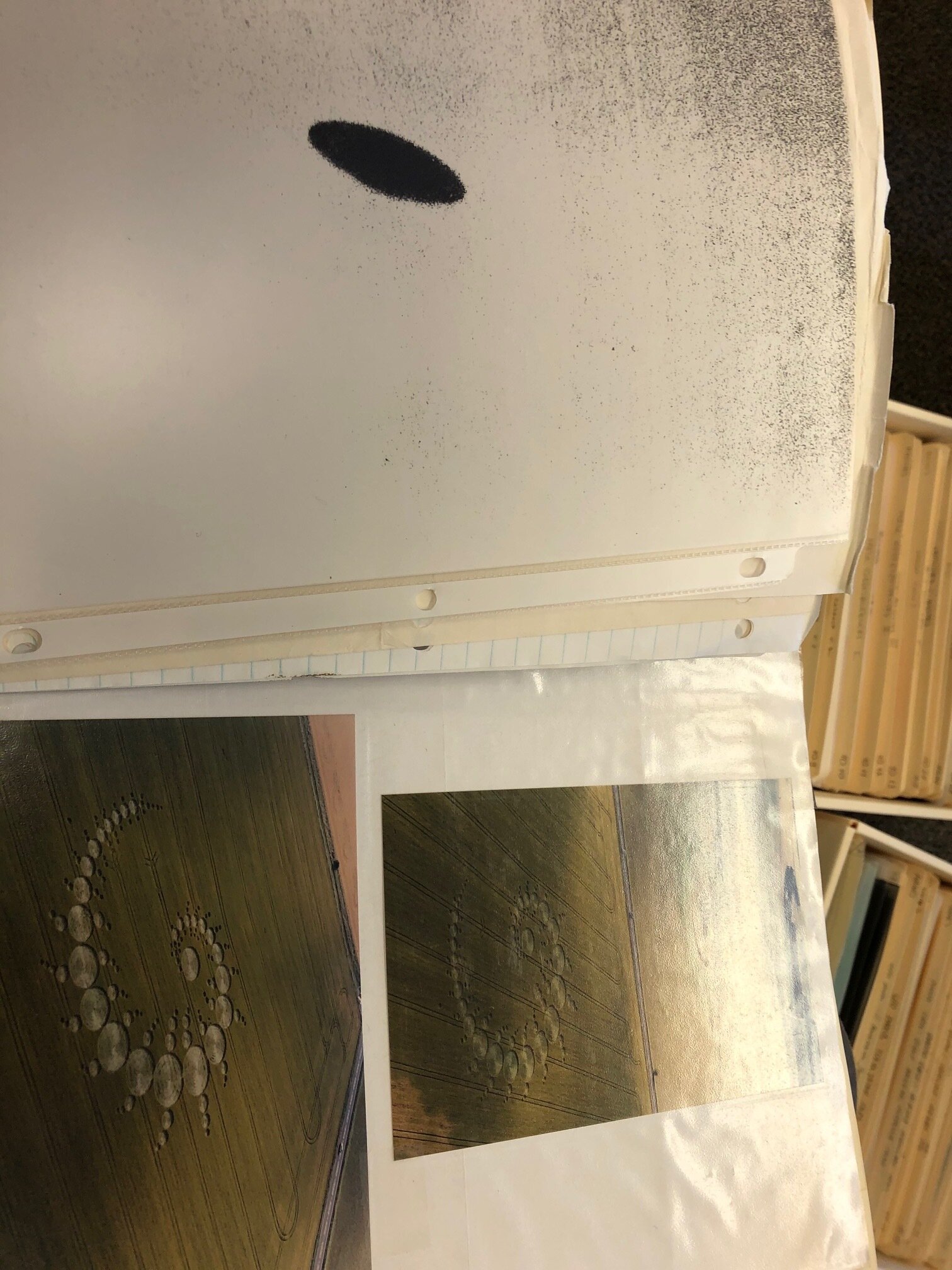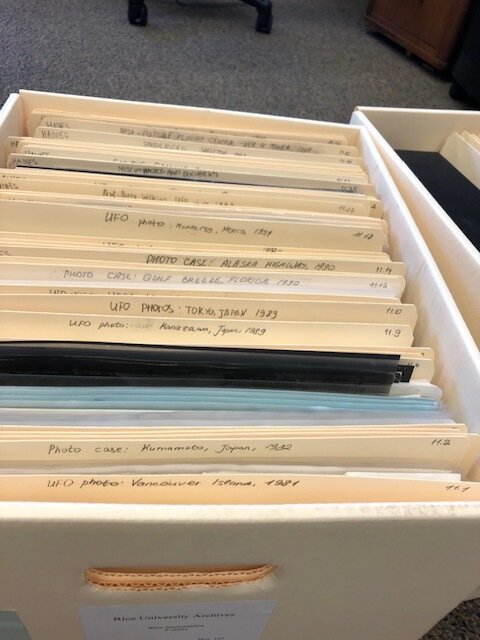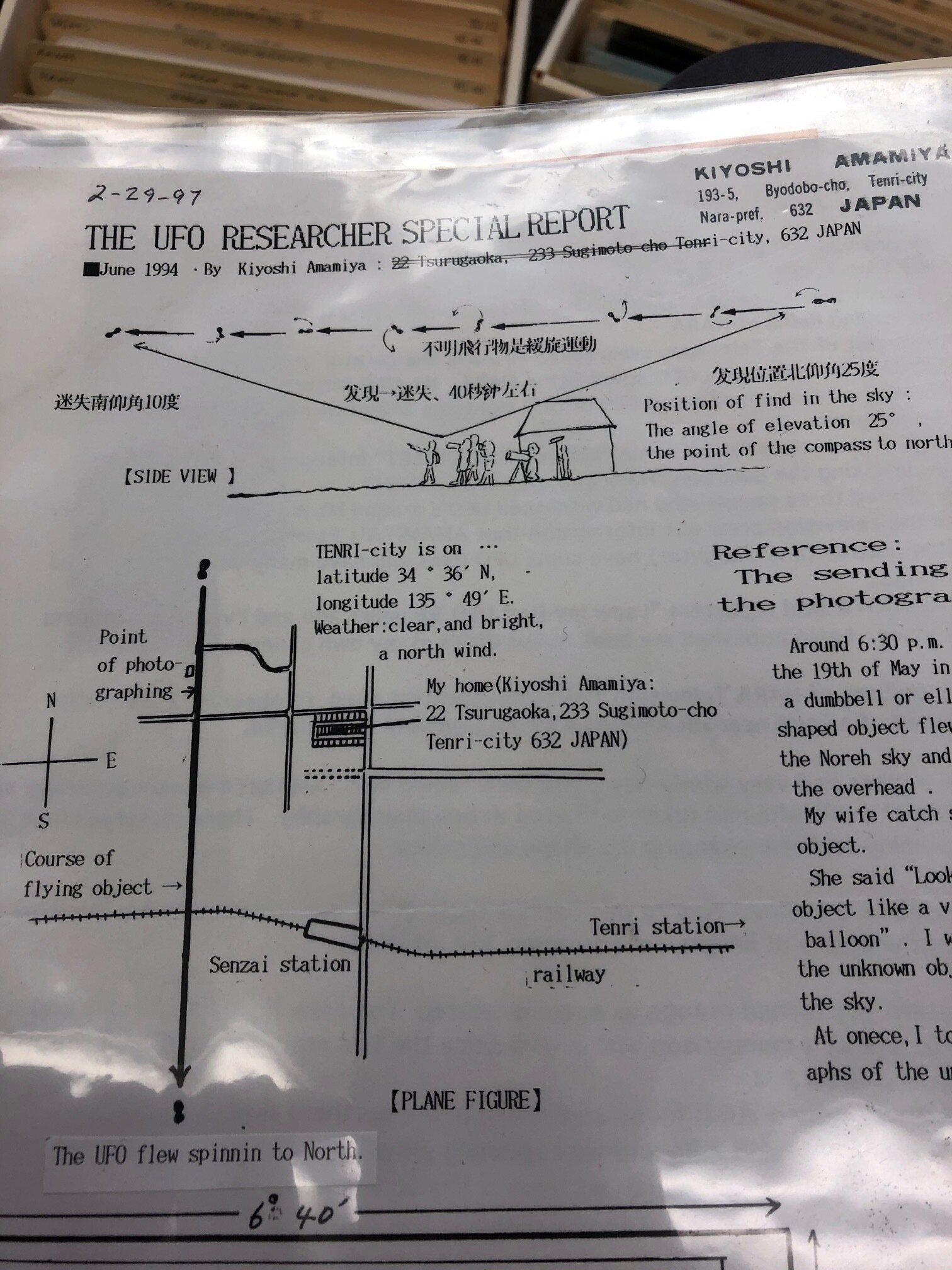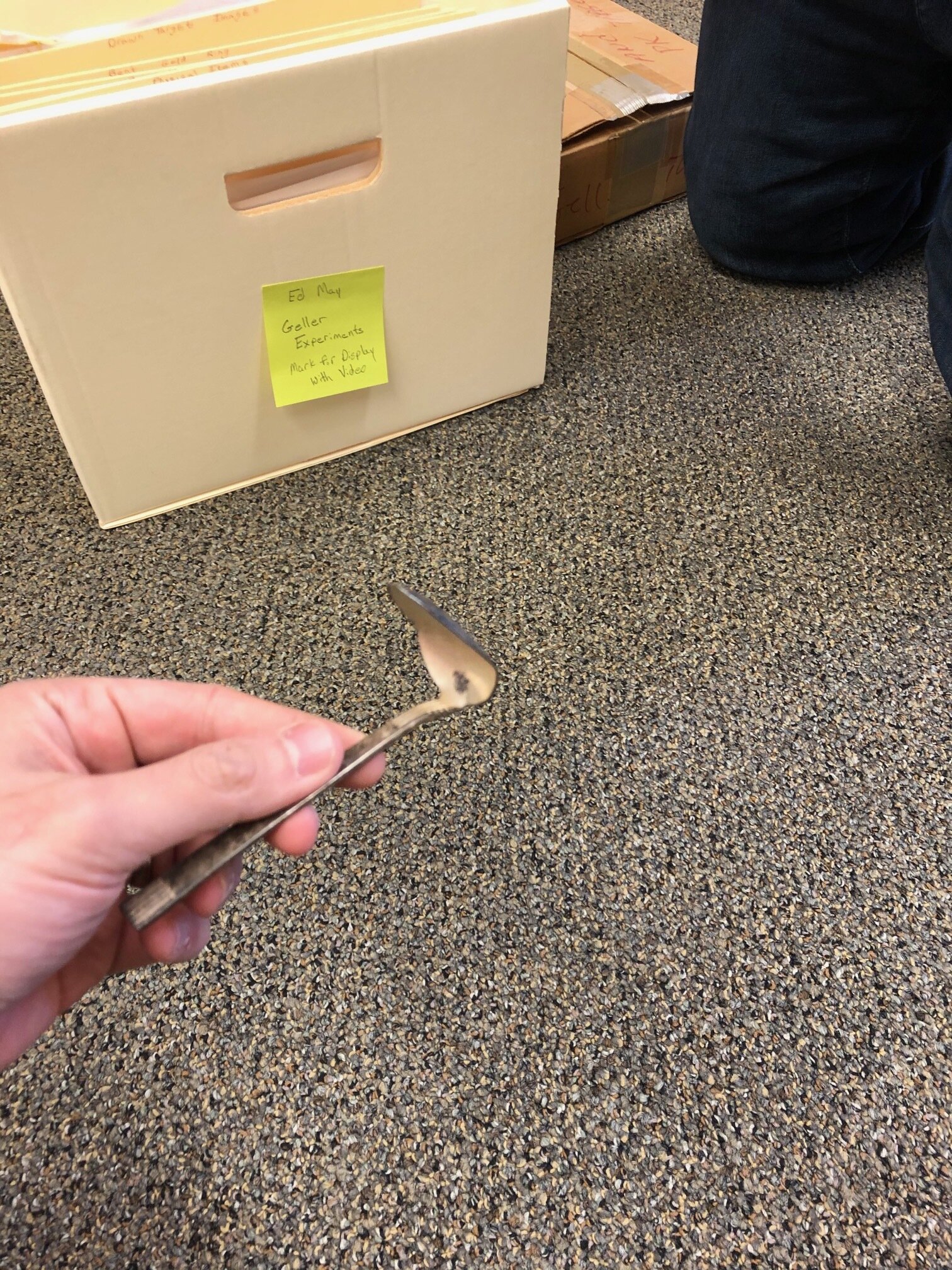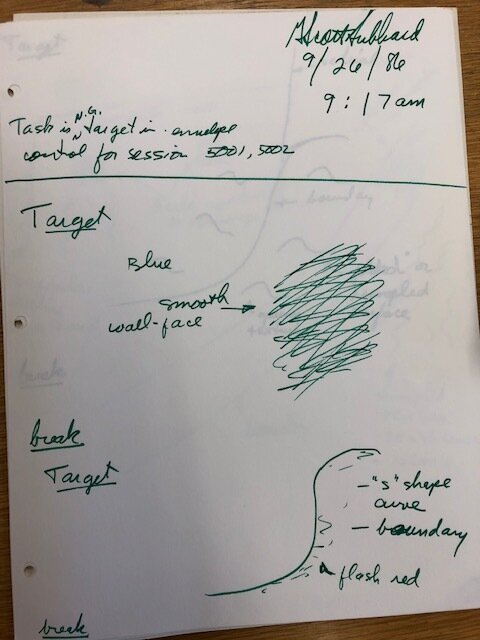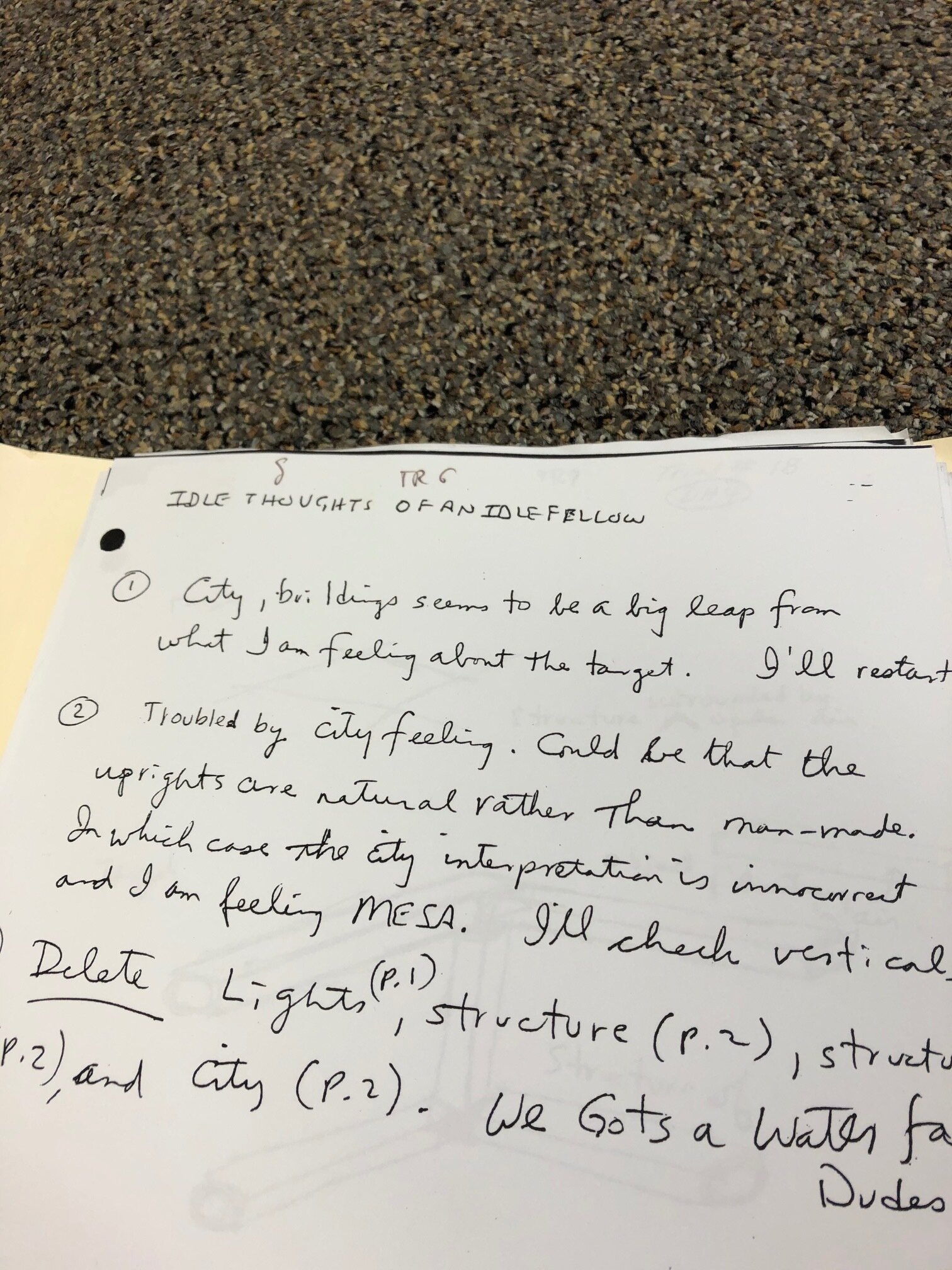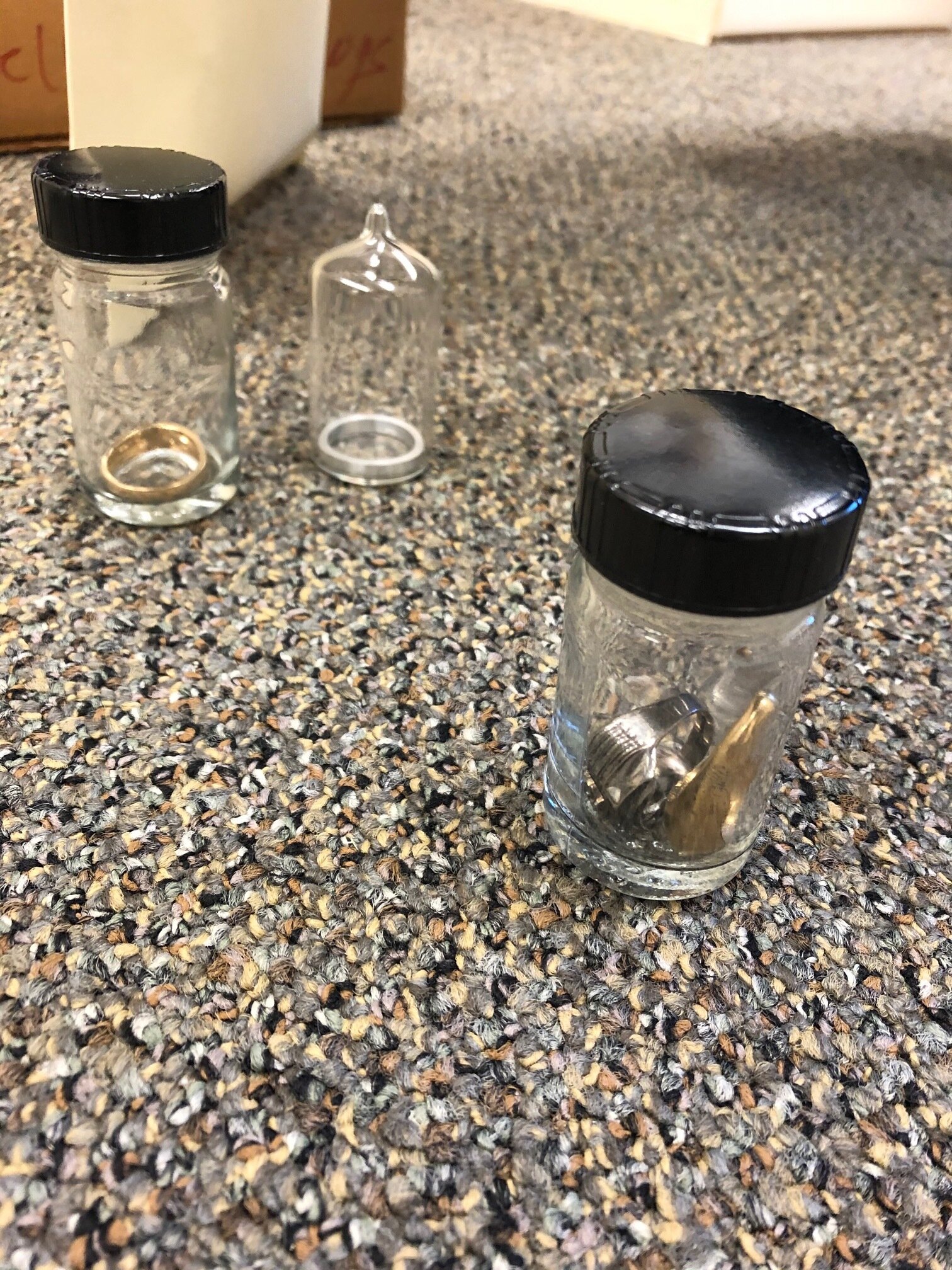For over the past year, student archivists at Rice University in Houston have been compiling, digitizing, transcribing and organizing massive archives from the works of Jacques Vallee, Whitley Strieber, Ed May (physicist contracted by CIA during Stargate program) ,Richard Haines (ex-NASA scientist), and Larry Bryant. Ultimately, the goal is to have the archives processed and ready for public viewing/ access to researchers by October, which is when the university will host “Opening The Archives Of The Impossible” paranormal conference from Oct.28-Nov.2 that will include guests like Vallee, Strieber, Diana Pasulka, and others.
The archives being hosted at Rice is attributed to Professor of religious studies and author Jeffrey Kripal’s relationships and collaboration through the years with Vallee, Strieber, and others. Stanislav Panin is a doctorate student at Department of Religion/ digital humanities, and is focused on the soviet paranormal. He’s a research fellow at the Woodson Research Center, and his job includes processing of materials, digitization, putting them in order, transcription, and sorting. The archives are not only good his his specific studies, but also a selling point to the university as a whole, and the upcoming conference.
“I’m interested for my research in soviet paranormal , and there a lot of related materials here,“ Panin said. “A lot of post-soviet Russian materials, travel or correspondence on UFOs, and remote viewing. I think it is a huge asset – it’s pretty unique.”
Some of the specific documents include photos of UFOs, Uri Geller’s bent spoons, docs on remote viewing and telekinesis, Haines’ files that includes UFO photos, information on NARCAP (pilots seeing UFOs /aviation safety), photos from his NASA project /design of space ships and work-place psychology in space, Bryant’s documents suing the government about UFO disclosure, and letters, notes and correspondence from Strieber and Vallee’s work. Vallee’s archives are on at least a 7-year moratorium. As for as what can be seen , it will be case-by-case on what is consumable to public once it all is archived.
“Because of the amount of detailed work that goes into you get used it, but every once in awhile you come across something so intriguing about the strangest subjects,” said doctoral student archivist Thomas Millary. “We are doing rigorous scholarship about the most fantastic things. It is already building on the resources we have to study the anomalous.”
-by MIKE DAMANTE
Click on the photo to see the next one

